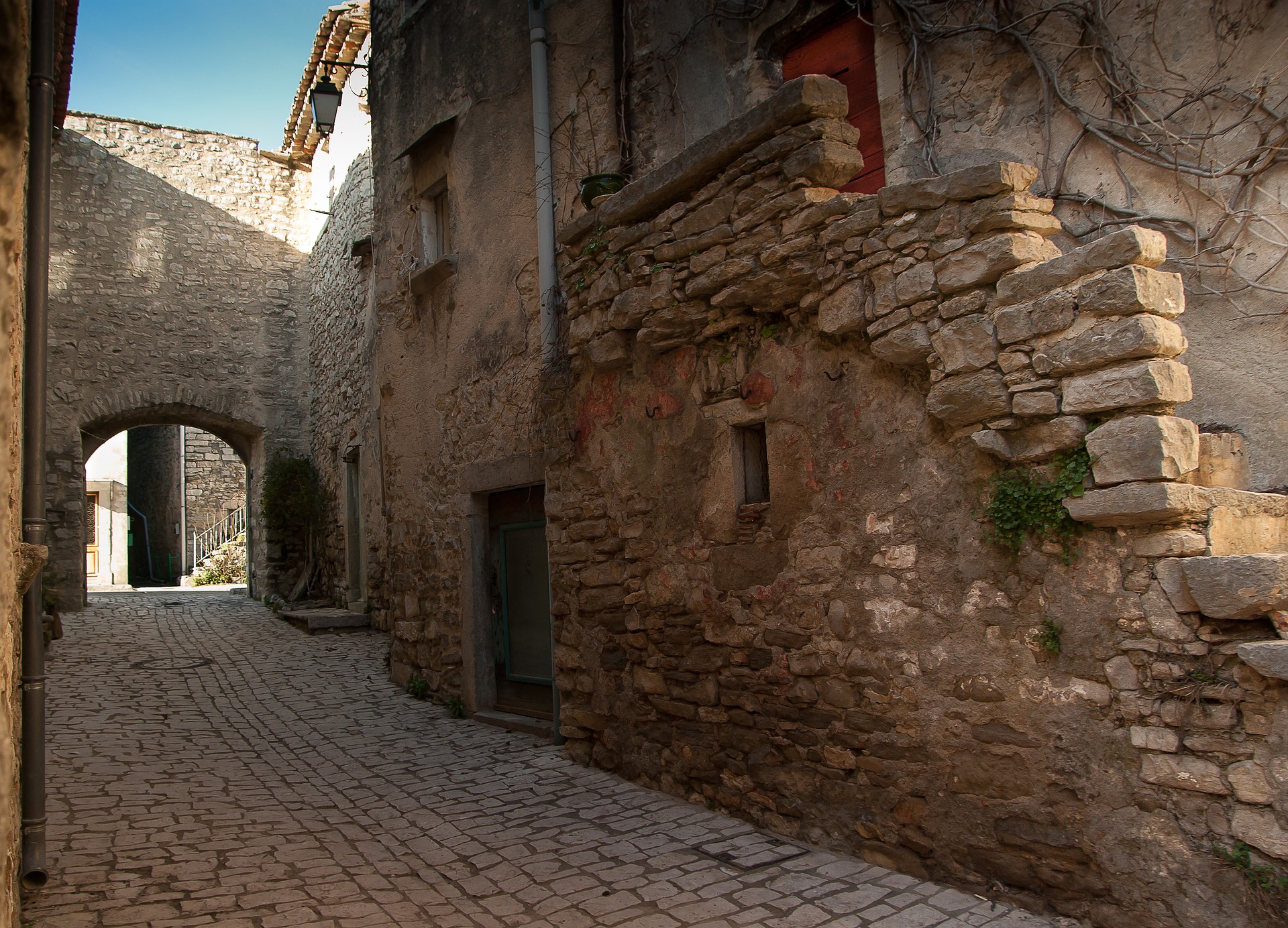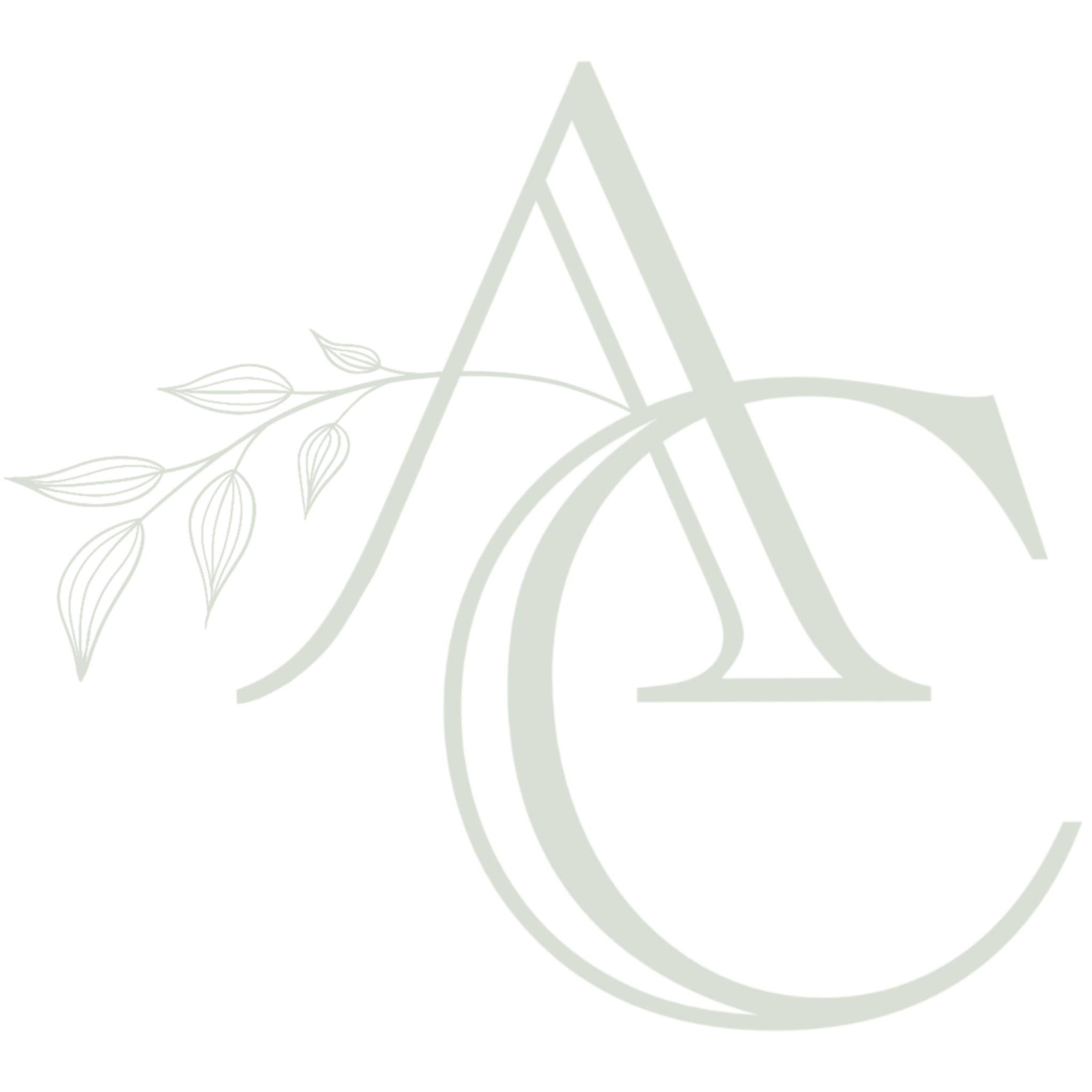Taken from the notes document for The Little Owl. This is some world building for Valheid, the seat of government for Derehan, where the bulk of the story is set.
- In the northern country and at higher altitudes, so the buildings will have extremely steep roofs with thatch or sod. Stone and wood construction. Cobbled streets and dirt roads.
- Well thought out drainage ditches and canals with a very simple sewer system for runoff only. No indoor plumbing or black water management. Chamber pots and out houses.
- There is no military, but there is a guard. They are not a war-like kind of people, but they do recognize the need for military-like men. Members of the Guard train in hand to hand combat, often live in the barracks (but are not required to). They act as community service, civil peace keepers, defense, and emergency assistance. They are basically the army, police, firemen, etc. They are very well trained and organized, running under Cynebald (general), 2 captains, then sergeants who manage smaller squads. All of the city states of Derehan have guards, and in time of national emergency, they can all send men from their guards to make a national militia, who would be led by Cynebald.
- The only real natural disaster possibilities are blizzards in the winter and the occasional flood during a particularly rainy spring (while the melting snow is still making everything too wet anyway). This is managed with simple planning. The only real social assistance is to make sure that everyone has enough supplies and to help neighbors dig out if they get snowed in. The guard distributes any supplies needed and provides assistance. In the case of flooding, the city was designed to handle it so the flooding only ever endangers some farming fields or outlying properties outside of the city proper.
- How did the city get its name?
- City’s main exports are barley, wool, livestock, oats, medicines, and flax. They have artisans and also export wool and linen cloth, both luxury and plain. The market has room for all kinds, preserved and fresh foods and herbs, cloth, tools, alcohols, livestock auction (held in the outskirts), medicines, and services. The leatherworks guild is very well respected in the area, as is the blacksmithing guild.
- The city’s main imports are sugar and exotic foods like citrus fruits and spices, iron and other metals, coal, salt (there are very few mining operations in Derehan, especially around Valheid). There is some market for things like gems and precious metals, but only a little so traders just bring some and try to sell, sometimes with success and sometimes without.
- The greathouse oversees all import laws and settles disputes, but almost all of the importing is done privately by local merchants.
- Other major land holdings: All of these also have extensive farming etc to provide for themselves, but these are the exports that are of main interest to Valheid specifically.
- Mairn: owned by Leland. Main produce is grapes, hops, grain, wine and beer.
- Purgo: owned by Nanette Graves. Main produce is grain and livestock
- Silda: owned by Heidi known for healing and medicines, and also has a fish hatchery so they export salt fish and smoked fish, specifically trout.
- Barano: owned by a wealthy merchant named Cornelius, basically just a farming community.
- Turly is the shady street. It’s close to the city walls on the western side where the slope gets extremely steep, and is the least valuable property. Therefore it has over time become a haven for criminal activity, sex work, and tramps and is rife with poverty. The guard spends a lot of time dealing with Turly Street, and Gwen and Jo often go there to assist with social programs.
- The wealthier homes are closer to the center of town near the greathouse and run along avenues branching off of the main road.
- The roads are in a grid formation, very practical and simple. The water is provided by wells.

